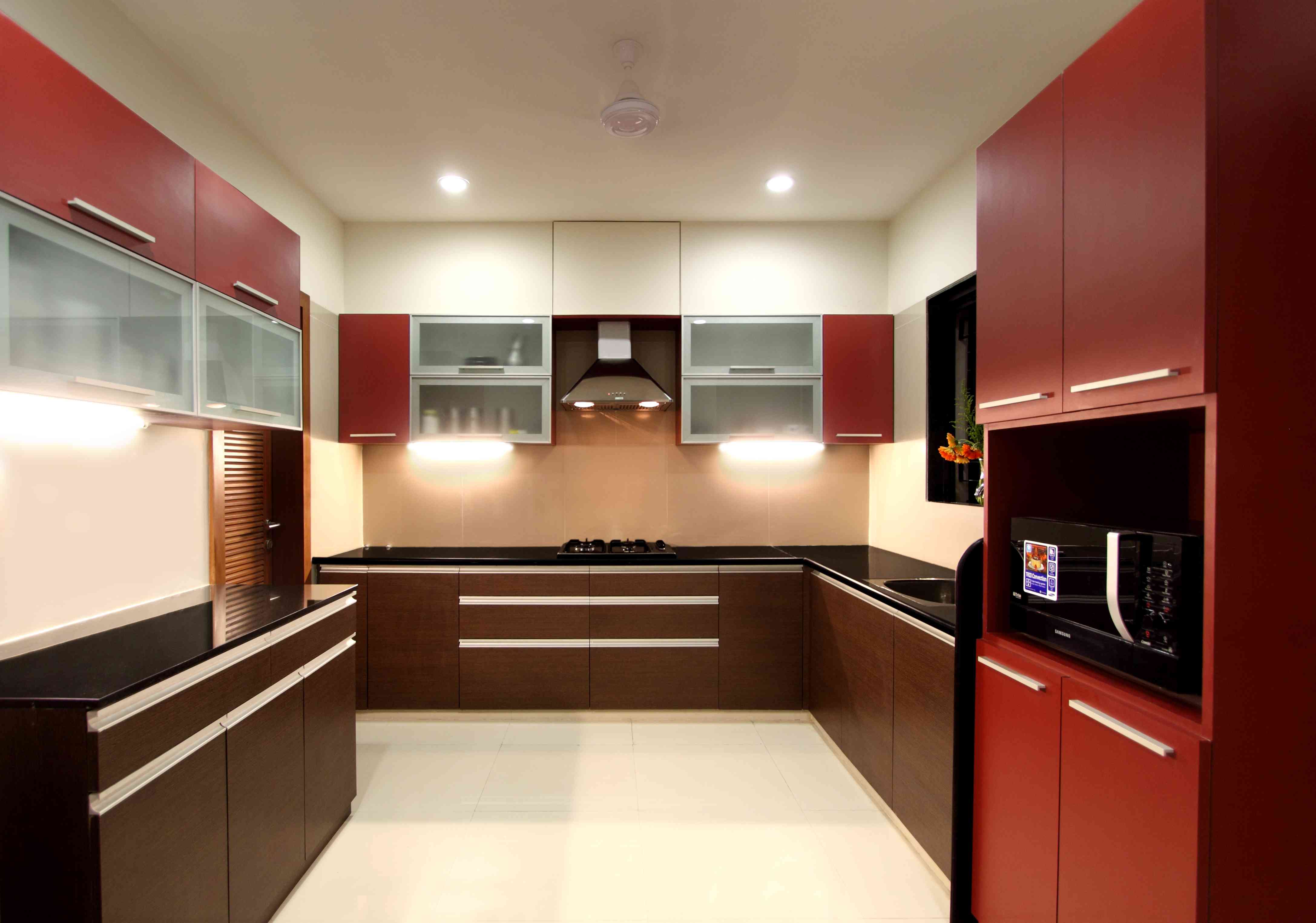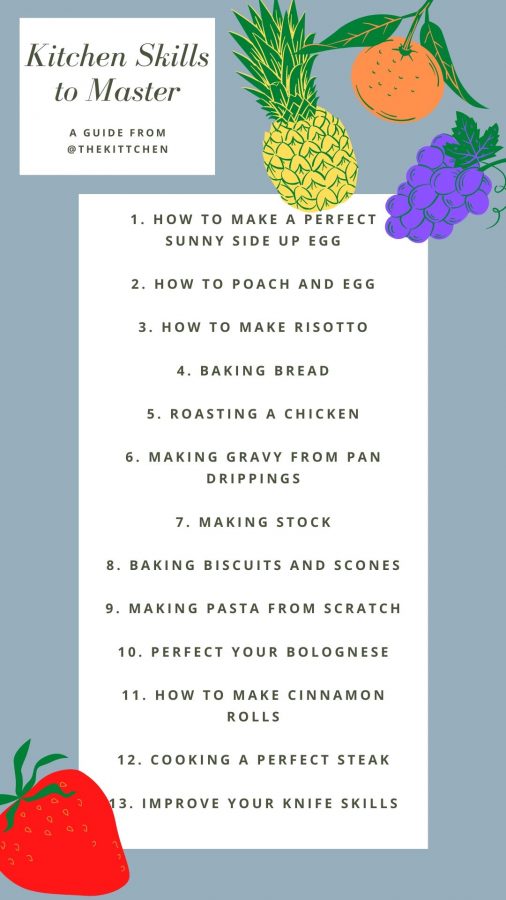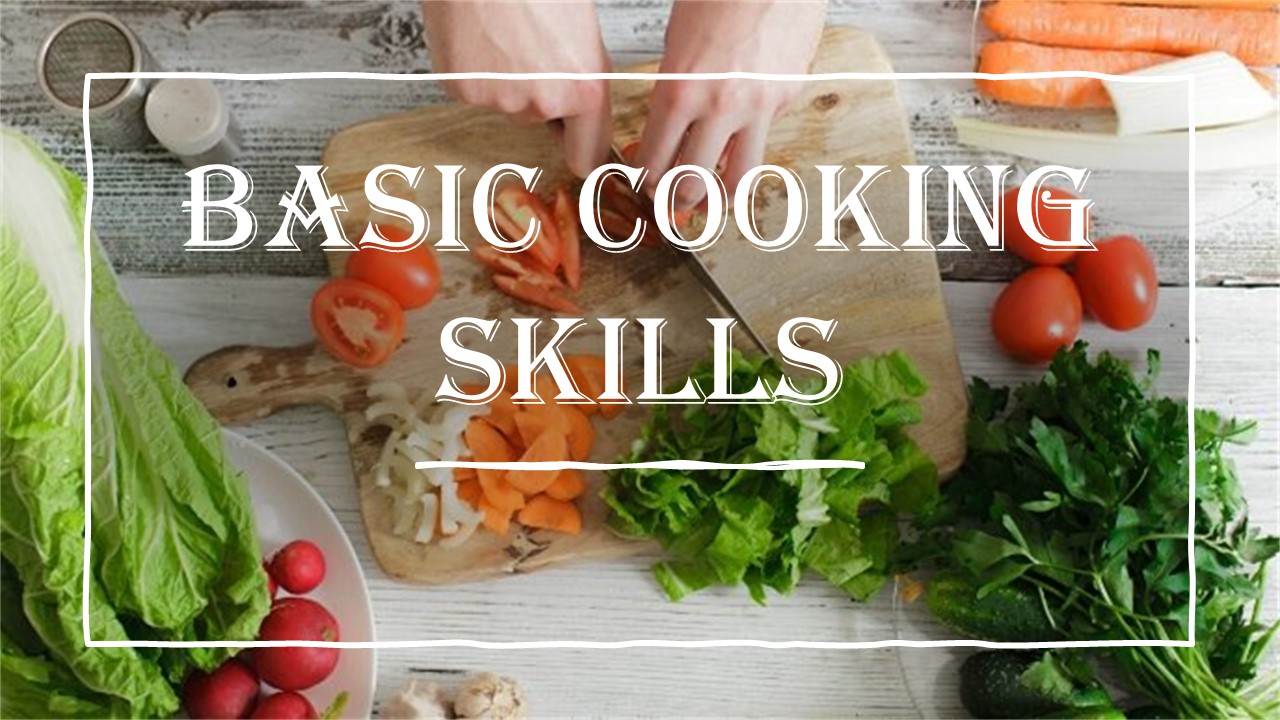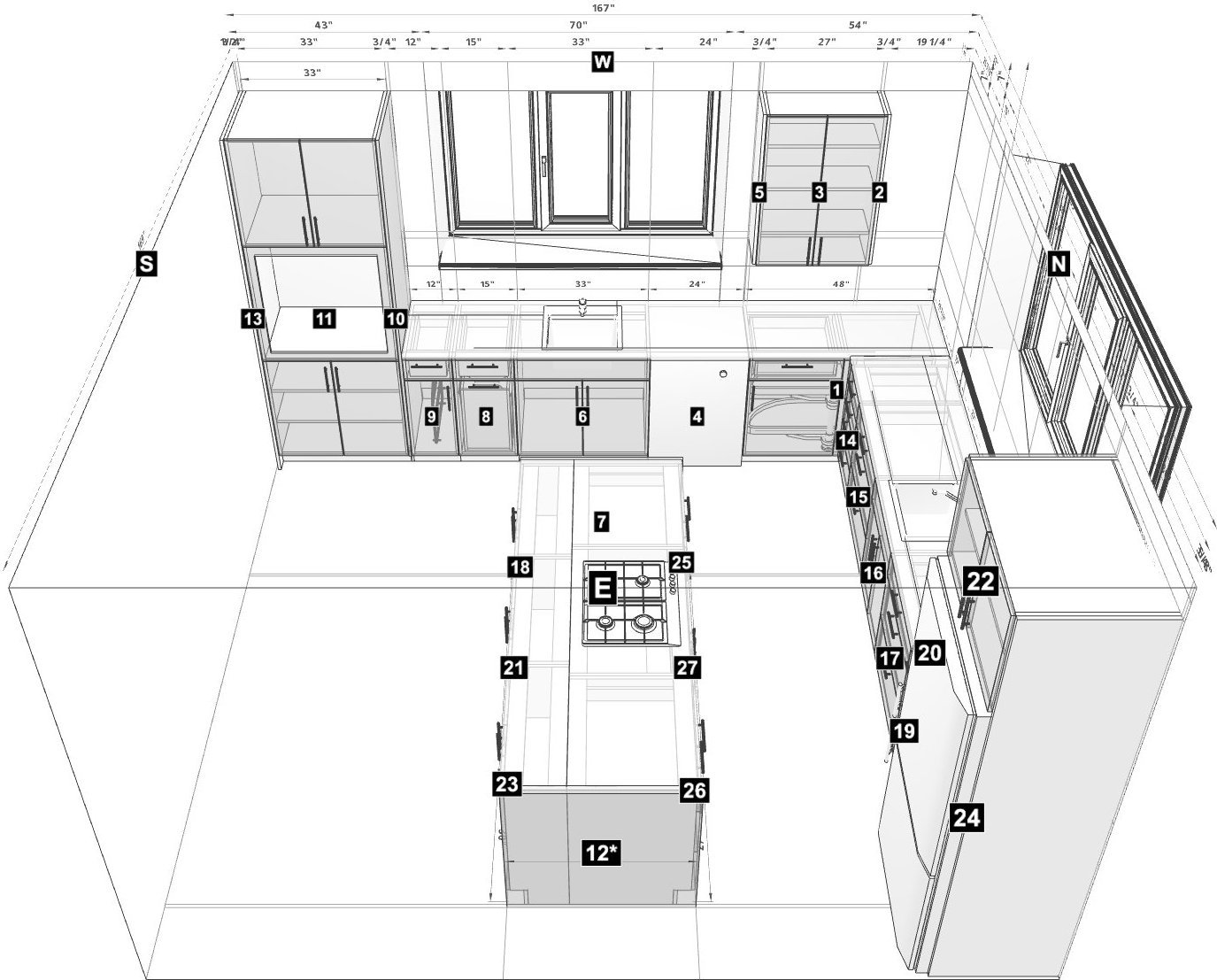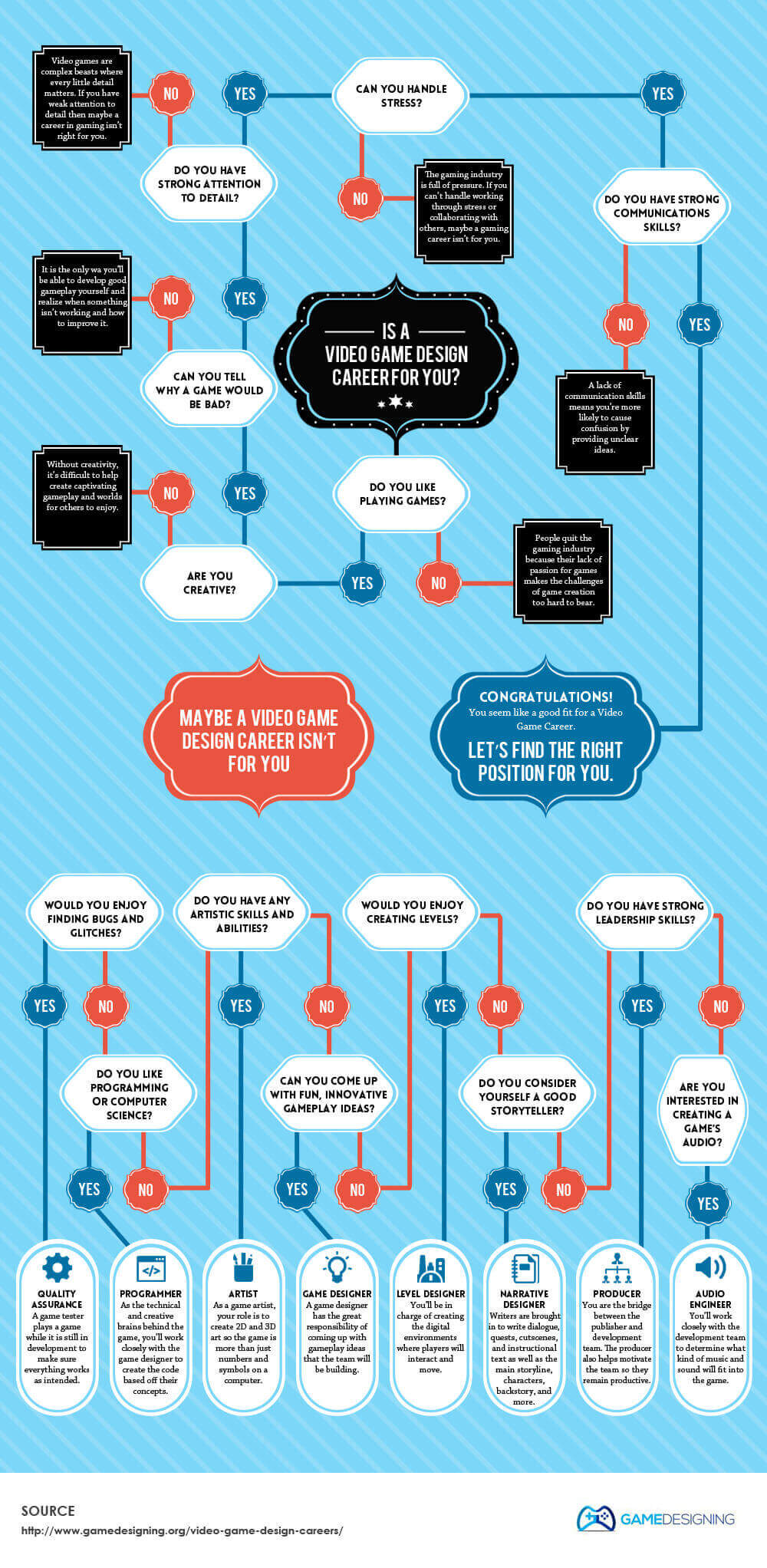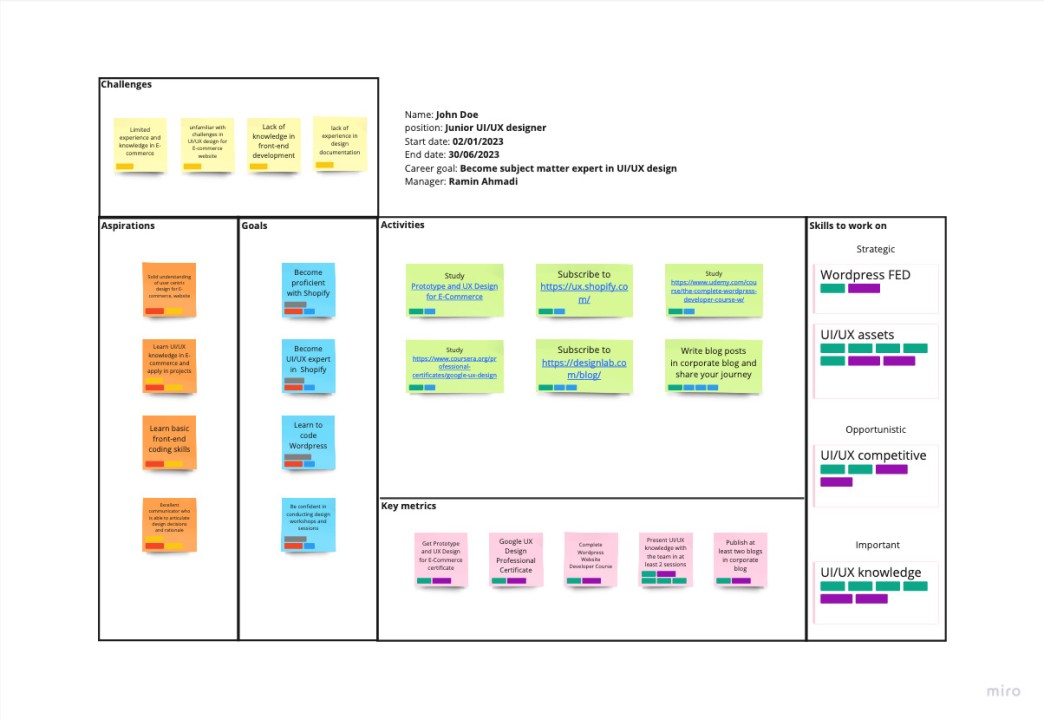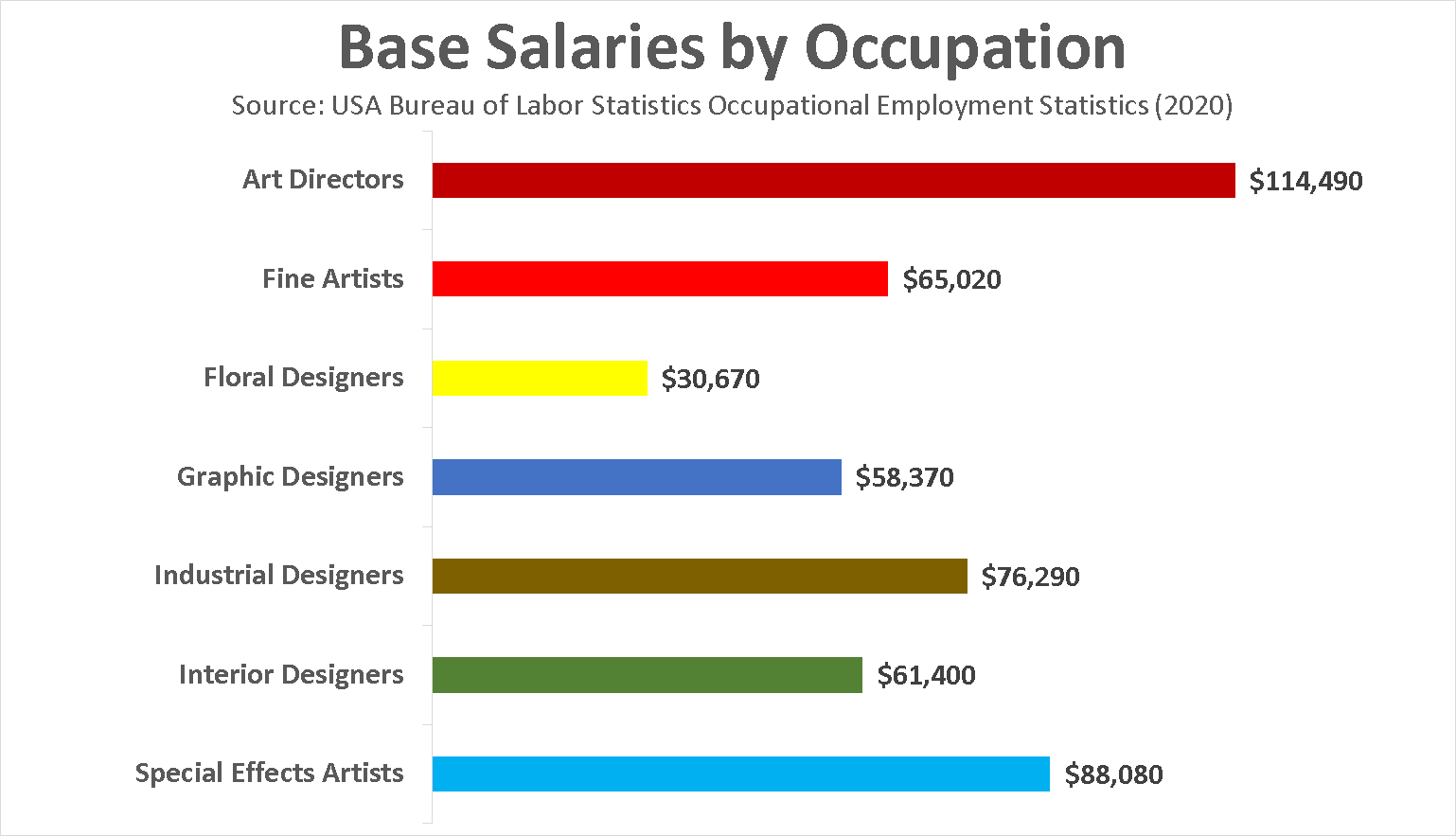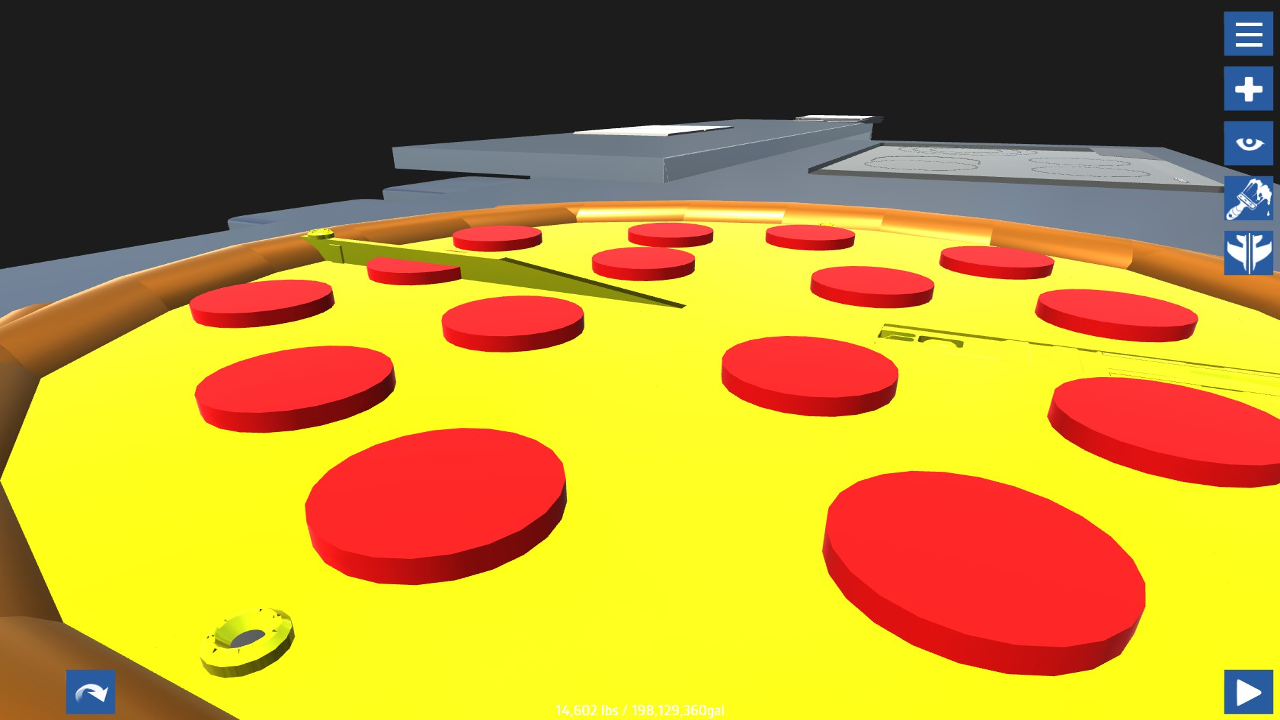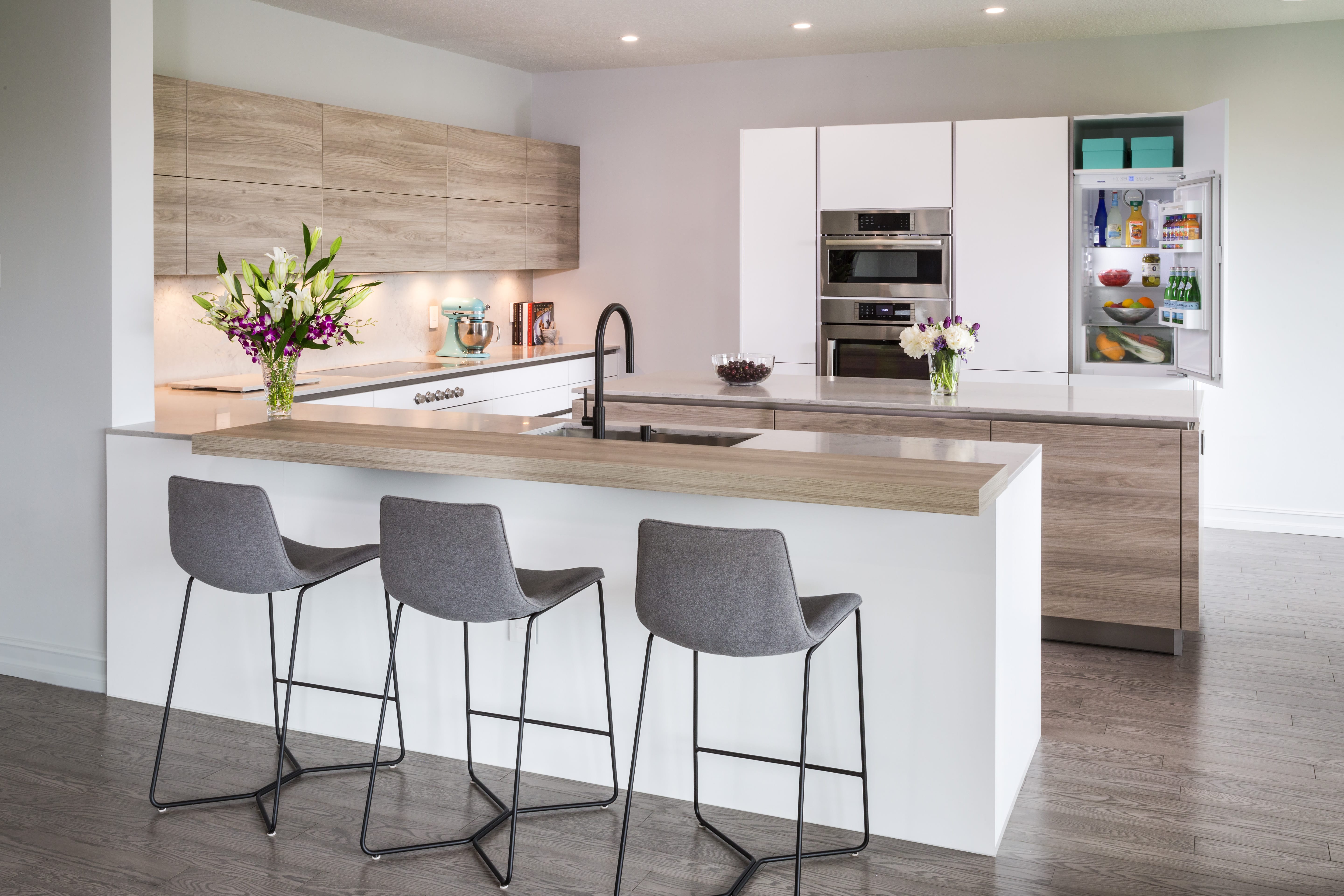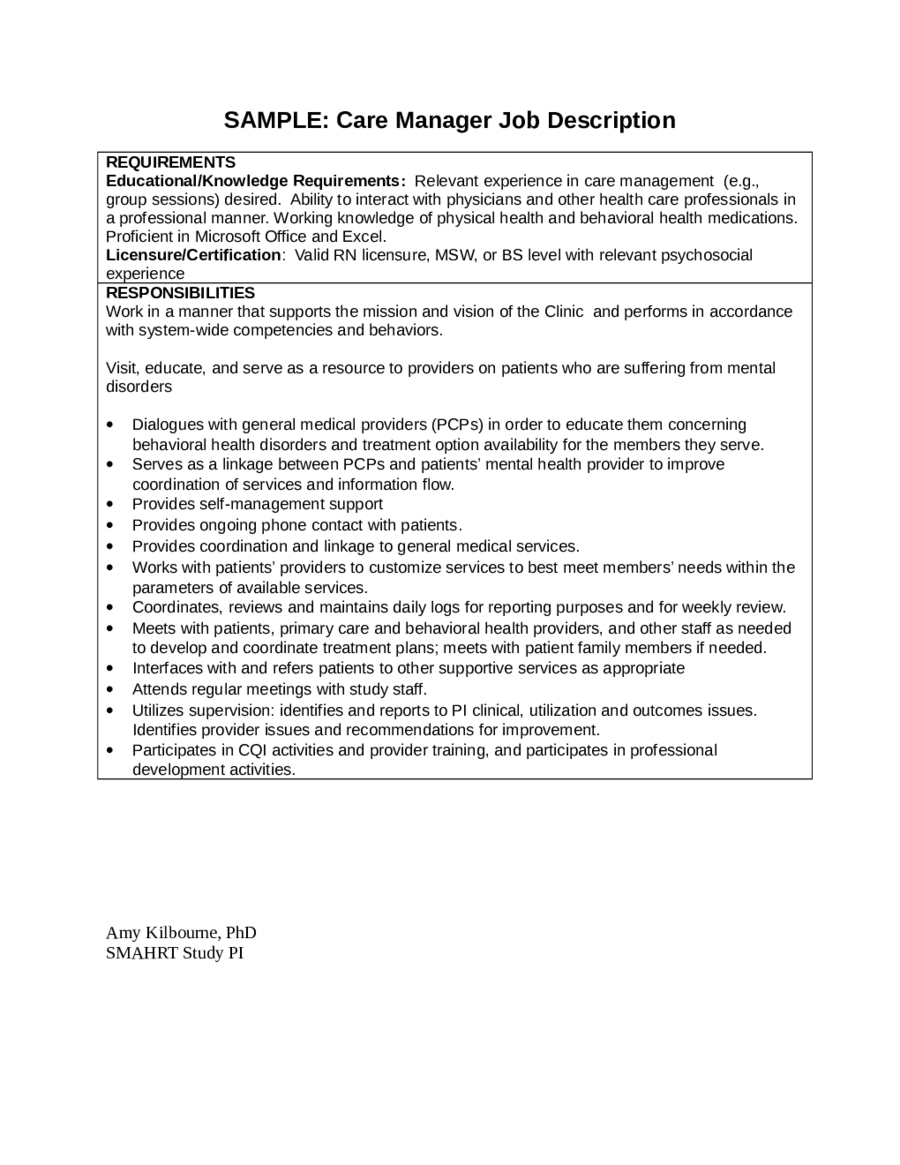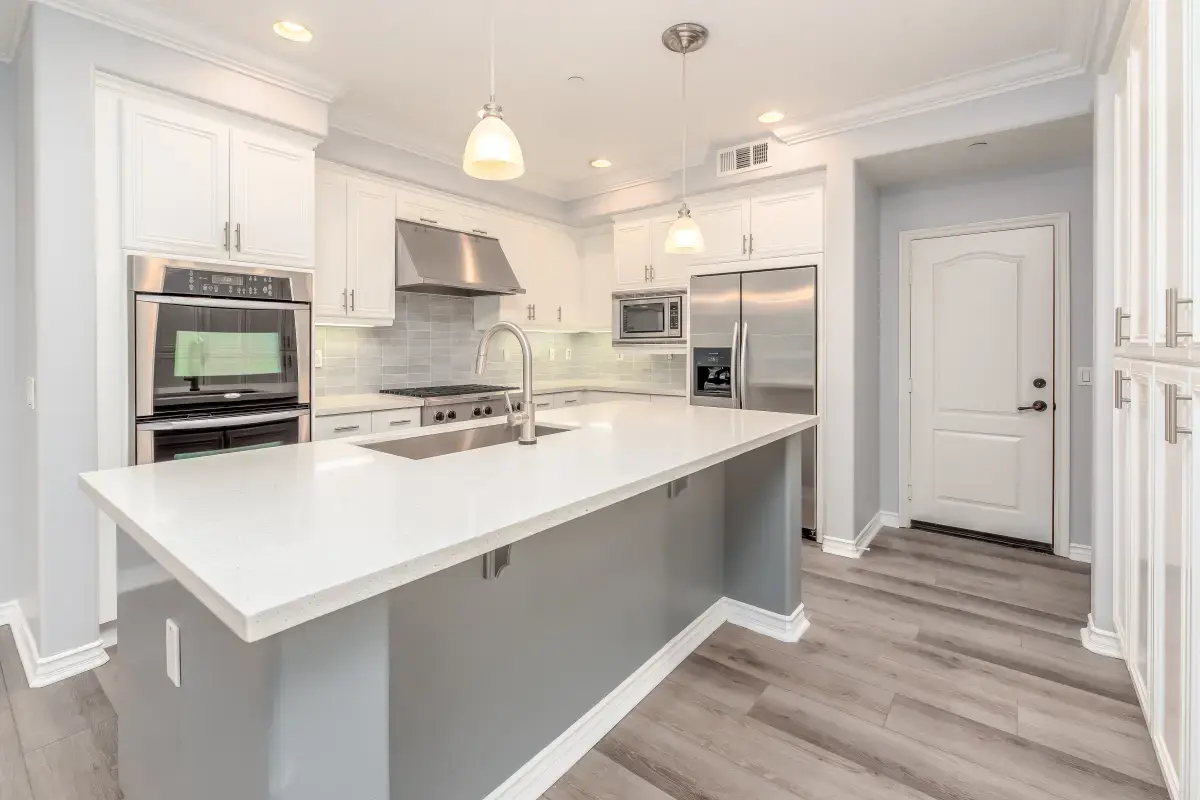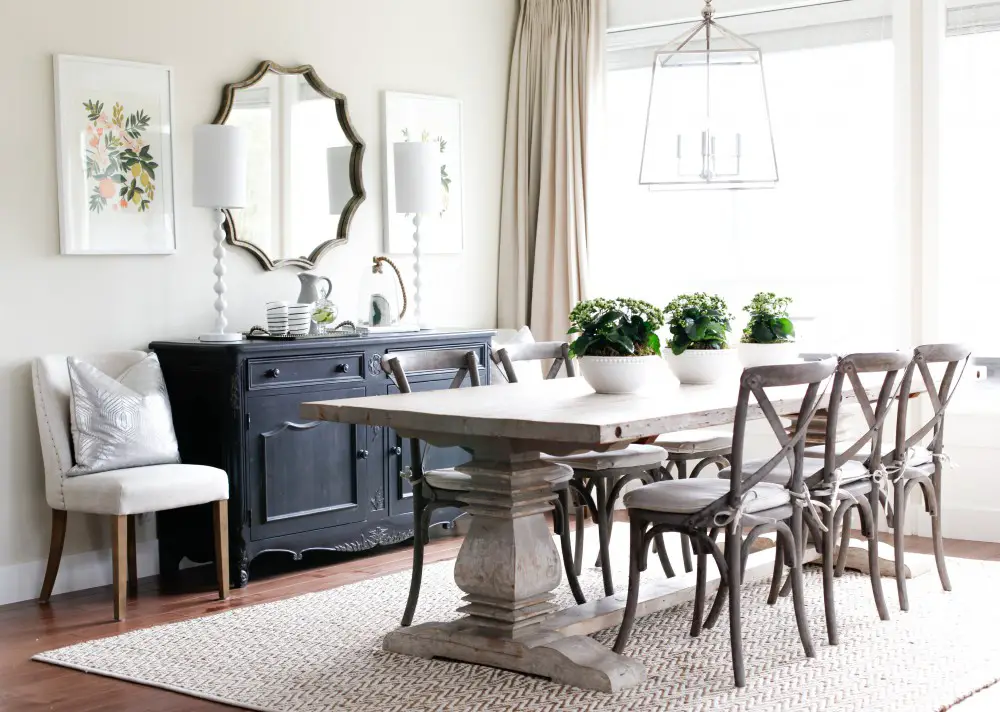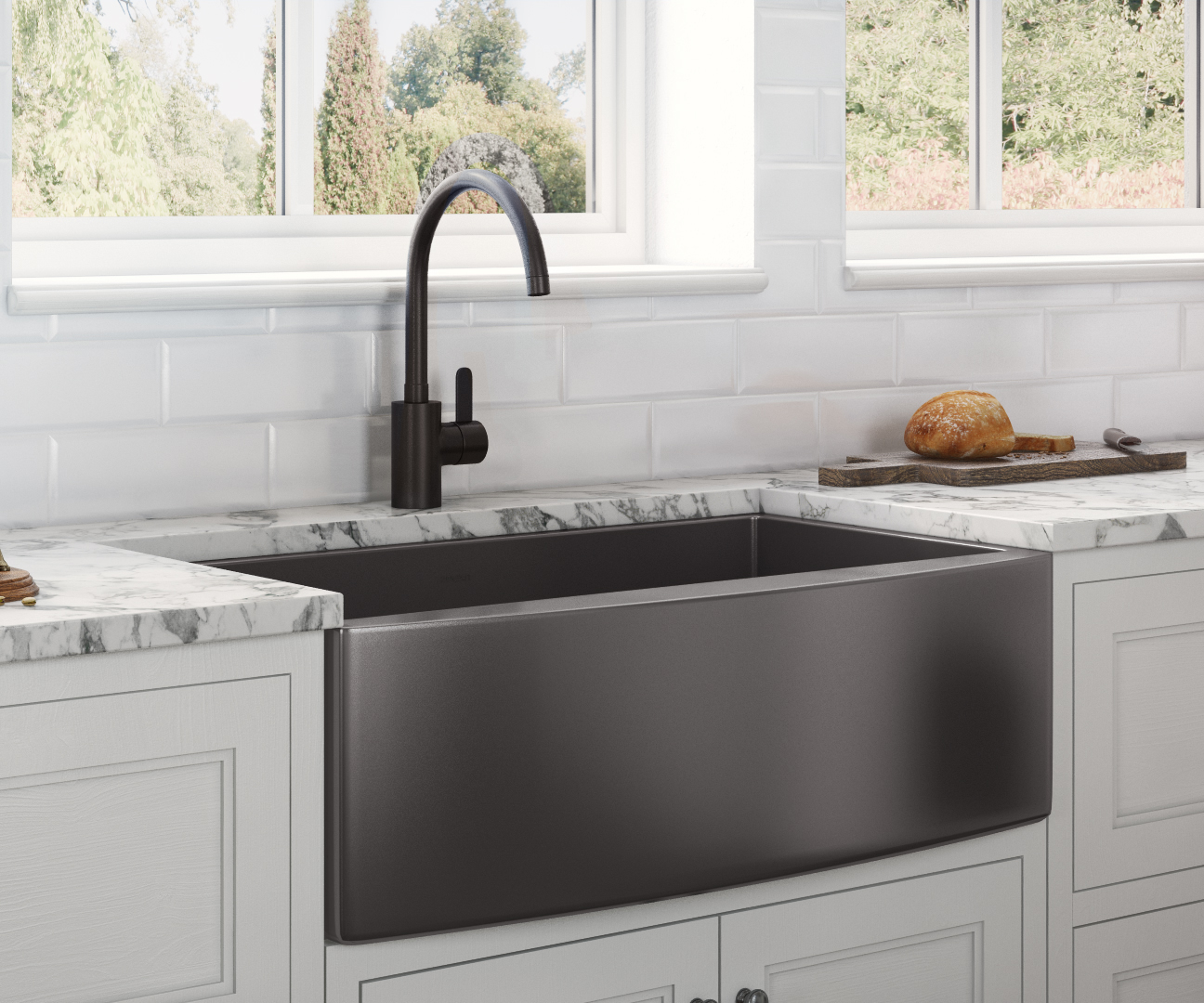If you have a passion for interior design and a keen eye for detail, then a career as a kitchen designer may be the perfect fit for you. As a kitchen designer, you will be responsible for creating beautiful and functional spaces for your clients to cook, entertain, and gather in. It is a creative and fulfilling job that allows you to bring your clients' dreams to life. As a kitchen designer, you will work closely with clients to understand their needs and preferences, as well as their budget, to create a design that meets all of their requirements. You will also work with contractors and suppliers to ensure that the design is implemented correctly and within the allotted budget.Kitchen Designer Job Description: Crafting Beautiful and Functional Spaces
To become a kitchen designer, you will need a combination of education and experience. Most employers prefer candidates who have a bachelor's degree in interior design, architecture, or a related field. Some may also require a certification in kitchen design. Aside from formal education, gaining experience through internships or entry-level positions in interior design firms can also help you develop the necessary skills and knowledge to become a successful kitchen designer. It is also important to stay updated with the latest trends and technologies in kitchen design through workshops, seminars, and industry events.How to Become a Kitchen Designer: Education and Experience
The salary of a kitchen designer can vary depending on factors such as location, experience, and employer. According to the Bureau of Labor Statistics, the median annual wage for interior designers, which includes kitchen designers, was $56,040 in May 2020. Those in the top 10% earned more than $96,470, while those in the bottom 10% earned less than $30,780.Kitchen Designer Salary: Earning Potential and Factors Affecting Pay
While a bachelor's degree in interior design is the most common educational requirement for kitchen designers, some employers may also accept an associate's degree or a certificate program in interior design. It is important to research the specific requirements of the companies you are interested in working for. Additionally, obtaining a certification in kitchen design can also enhance your credentials and make you more competitive in the job market. Some organizations offer certification programs specifically for kitchen designers, such as the National Kitchen and Bath Association (NKBA) and the Kitchen and Bath Design Institute (KBDI).Kitchen Designer Education Requirements: Degree and Certification Options
To succeed as a kitchen designer, you will need a combination of technical skills and creative abilities. Attention to detail, strong communication skills, and the ability to work well with others are essential in this role. You should also have a good eye for color, space, and proportion, as well as knowledge of building and safety codes. Proficiency in design software such as AutoCAD and SketchUp is also necessary, as well as the ability to create 3D renderings and technical drawings. Time management and project management skills are also crucial in meeting deadlines and managing multiple projects at once.Kitchen Designer Skills: Key Qualities for Success
As a kitchen designer, there are various paths you can take to advance your career. Some may choose to work for a design firm and gain experience before starting their own business. Others may specialize in a particular area of kitchen design, such as eco-friendly design or universal design. With experience and a strong portfolio, you may also have the opportunity to work on larger and more complex projects, such as designing kitchens for hotels or restaurants. Some kitchen designers also branch out into related fields, such as interior decorating or home staging.Kitchen Designer Career Path: Advancement Opportunities
The job outlook for kitchen designers is positive, with a projected growth rate of 4% from 2019 to 2029, according to the Bureau of Labor Statistics. As the demand for functional and aesthetically pleasing kitchen spaces continues to rise, so does the need for skilled professionals who can bring these designs to life. Kitchen designers with a strong understanding of sustainable design and green building practices may have an advantage in the job market, as more clients are looking for eco-friendly options for their homes.Kitchen Designer Job Outlook: High Demand for Skilled Professionals
While certification is not always required to become a kitchen designer, it can help you stand out in a competitive job market and demonstrate your expertise in the field. The NKBA and KBDI offer certification programs that require a combination of education, experience, and passing an exam. Other organizations, such as the Council for Interior Design Qualification (CIDQ), also offer certification for interior designers, which can be beneficial for kitchen designers as well.Kitchen Designer Certification: Enhancing Your Credentials
While formal education and certification programs can provide you with the necessary knowledge and skills, gaining hands-on experience through training is also crucial in becoming a successful kitchen designer. This can include internships, apprenticeships, or working under the supervision of an experienced designer. Training can also help you build a network of contacts in the industry, which can lead to job opportunities and collaborations in the future.Kitchen Designer Training: Gaining Hands-On Experience
If you're ready to embark on a rewarding career as a kitchen designer, here is a job description template to help you envision your future role: Position: Kitchen Designer Location: [Insert location] Company: [Insert company name]Kitchen Designer Job Description Template: Crafting Your Dream Career
Why Kitchen Designing is the Perfect Career Choice for You
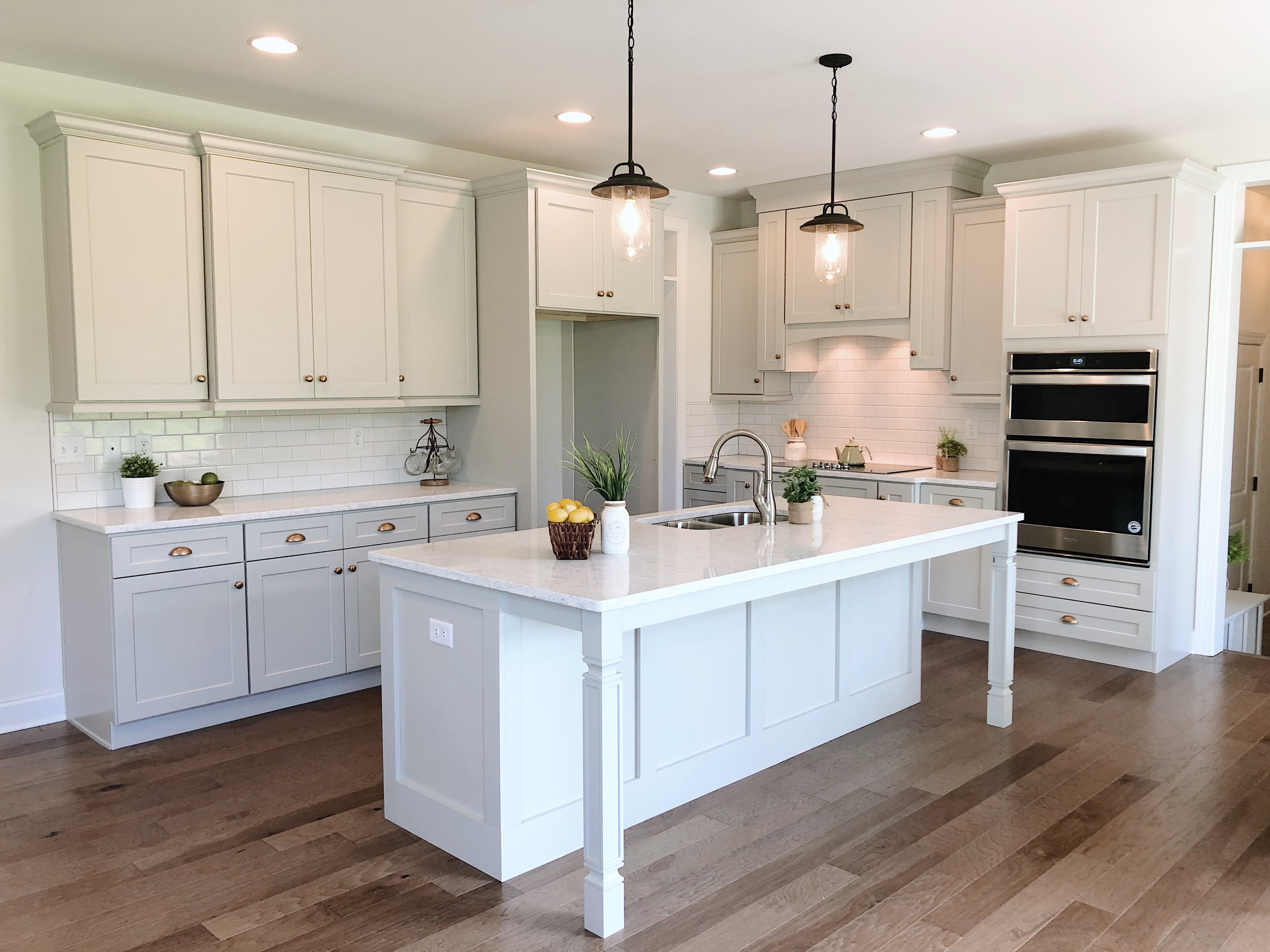
The Benefits of Being a Kitchen Designer
 If you have a passion for interior design and a keen eye for detail, becoming a
kitchen designer
may be the perfect career choice for you. Not only will you get to unleash your creativity and transform spaces, but you will also have the opportunity to positively impact people's lives by creating beautiful, functional, and personalized
kitchen spaces
. As a kitchen designer, you will be able to see your vision come to life and leave a lasting impression on your clients.
If you have a passion for interior design and a keen eye for detail, becoming a
kitchen designer
may be the perfect career choice for you. Not only will you get to unleash your creativity and transform spaces, but you will also have the opportunity to positively impact people's lives by creating beautiful, functional, and personalized
kitchen spaces
. As a kitchen designer, you will be able to see your vision come to life and leave a lasting impression on your clients.
The Growing Demand for Kitchen Designers
 In today's fast-paced world, people are constantly looking for ways to make their lives more convenient and efficient. This has led to a growing demand for
kitchen designers
who can create innovative and functional kitchen spaces. With the rise of home renovations and the increasing popularity of open-concept living, the need for kitchen designers has never been higher. This means that as a kitchen designer, you will have a steady stream of clients and a stable career path.
In today's fast-paced world, people are constantly looking for ways to make their lives more convenient and efficient. This has led to a growing demand for
kitchen designers
who can create innovative and functional kitchen spaces. With the rise of home renovations and the increasing popularity of open-concept living, the need for kitchen designers has never been higher. This means that as a kitchen designer, you will have a steady stream of clients and a stable career path.
The Versatility of Kitchen Designing
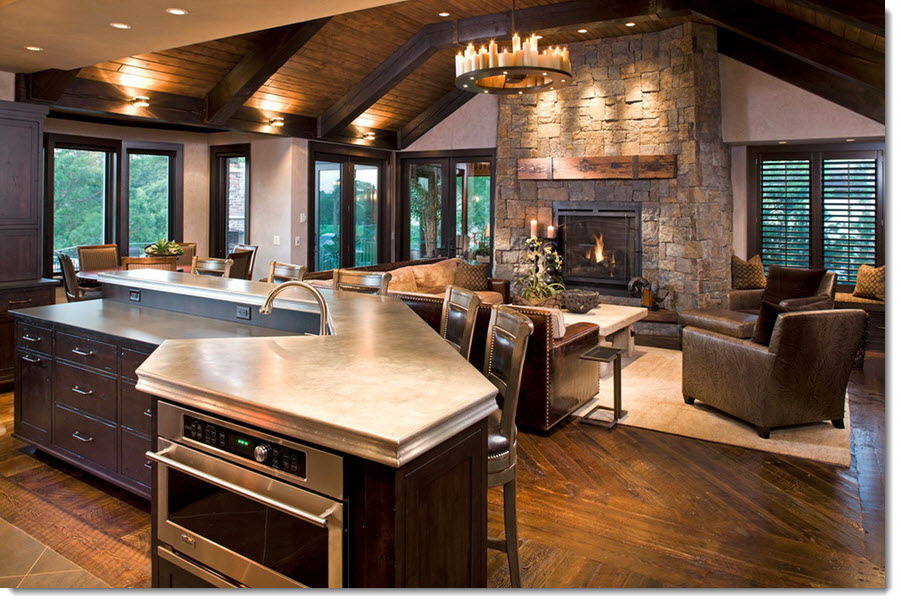 One of the greatest advantages of being a kitchen designer is the versatility of the job. As a kitchen designer, you will have the opportunity to work on a variety of projects, from small apartment kitchens to large custom builds. This allows you to constantly challenge yourself and expand your skills and knowledge. Additionally, kitchen design is not limited to residential spaces. You can also work on commercial projects such as restaurants, hotels, and offices, making the job even more diverse and exciting.
One of the greatest advantages of being a kitchen designer is the versatility of the job. As a kitchen designer, you will have the opportunity to work on a variety of projects, from small apartment kitchens to large custom builds. This allows you to constantly challenge yourself and expand your skills and knowledge. Additionally, kitchen design is not limited to residential spaces. You can also work on commercial projects such as restaurants, hotels, and offices, making the job even more diverse and exciting.
The Fulfillment of Creating Functional Spaces
 As a kitchen designer, you will have the power to
create functional spaces
that not only look beautiful but also serve a purpose. This is a highly fulfilling aspect of the job as you will be able to improve the lives of your clients by making their daily tasks easier and more enjoyable. From incorporating the latest technology to maximizing storage space, your designs will have a significant impact on how people live and interact in their homes.
As a kitchen designer, you will have the power to
create functional spaces
that not only look beautiful but also serve a purpose. This is a highly fulfilling aspect of the job as you will be able to improve the lives of your clients by making their daily tasks easier and more enjoyable. From incorporating the latest technology to maximizing storage space, your designs will have a significant impact on how people live and interact in their homes.
In Conclusion
 Becoming a
kitchen designer
is a rewarding and fulfilling career choice that allows you to combine your love for design with your desire to make a difference in people's lives. With a growing demand for kitchen designers and the versatility of the job, it is a career path that offers stability, creativity, and endless opportunities. So if you have a passion for design and a desire to create functional and beautiful spaces, becoming a kitchen designer may just be the perfect career choice for you.
Becoming a
kitchen designer
is a rewarding and fulfilling career choice that allows you to combine your love for design with your desire to make a difference in people's lives. With a growing demand for kitchen designers and the versatility of the job, it is a career path that offers stability, creativity, and endless opportunities. So if you have a passion for design and a desire to create functional and beautiful spaces, becoming a kitchen designer may just be the perfect career choice for you.

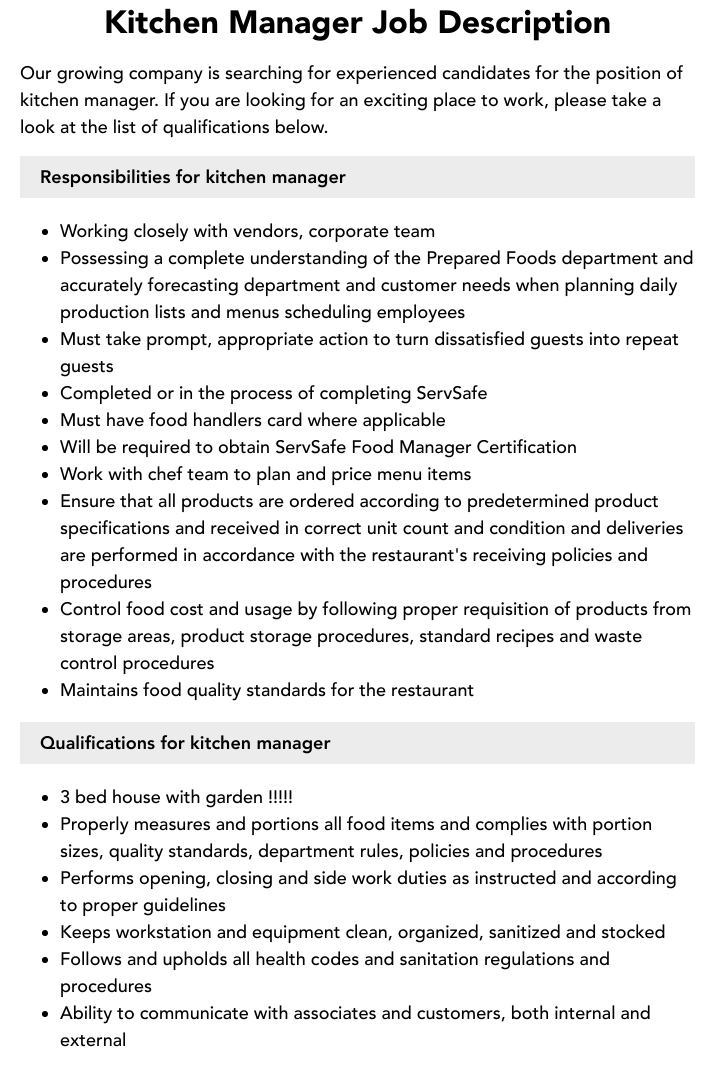
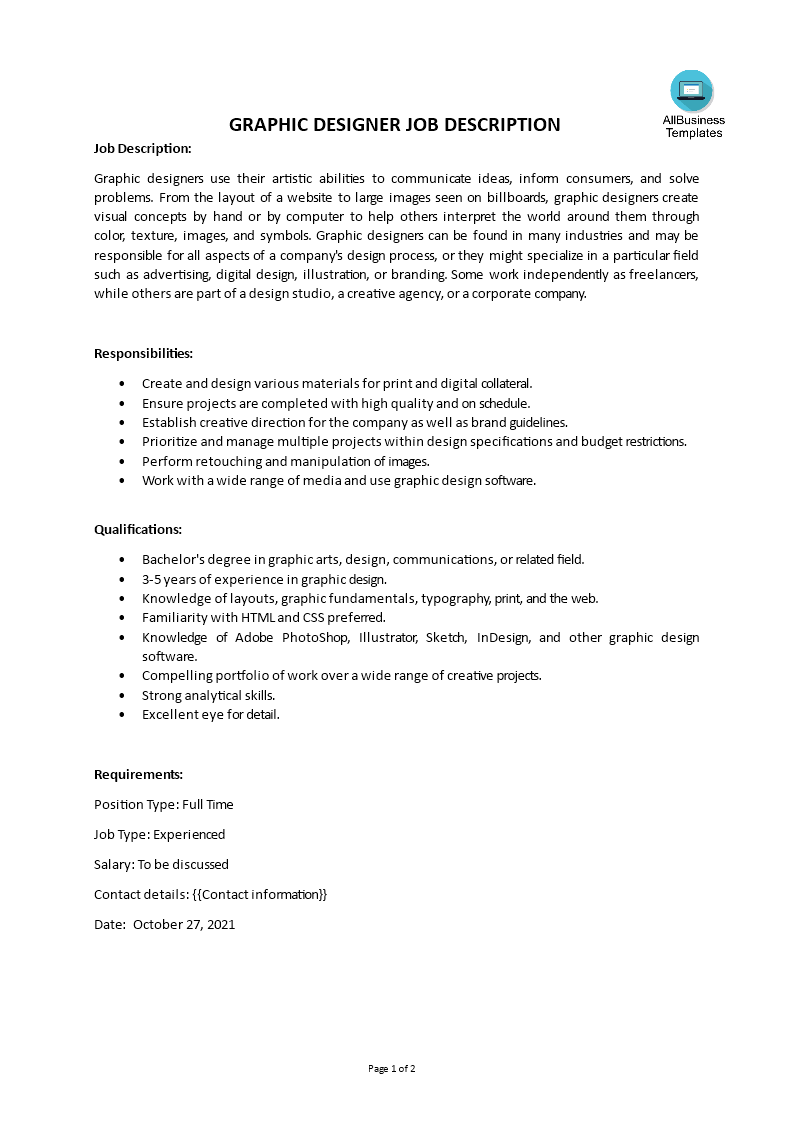

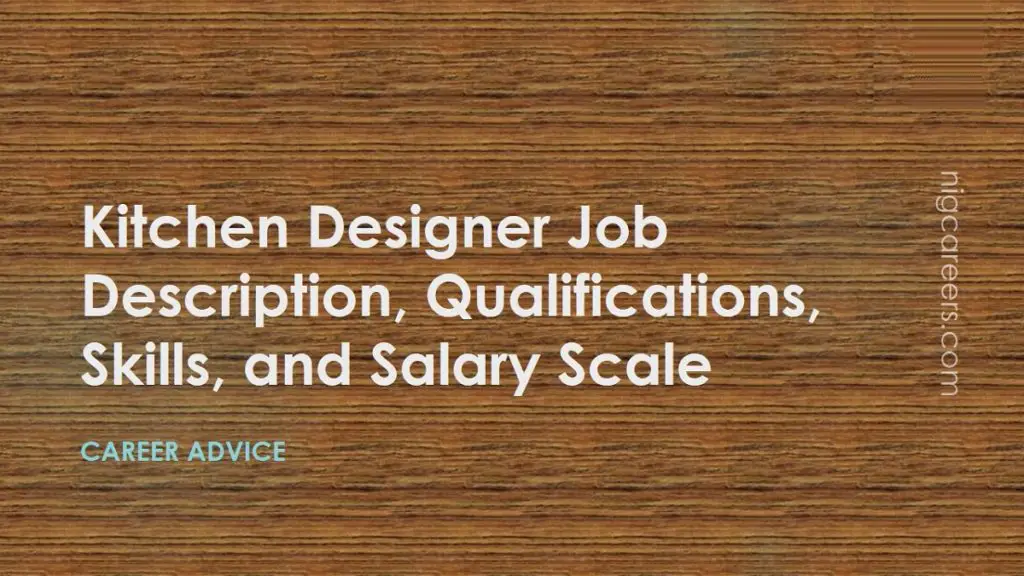
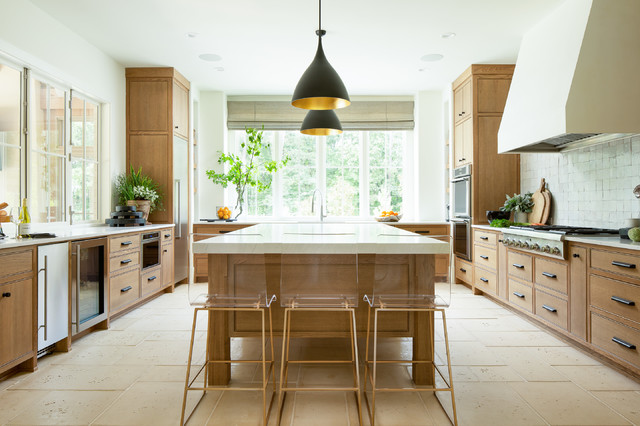







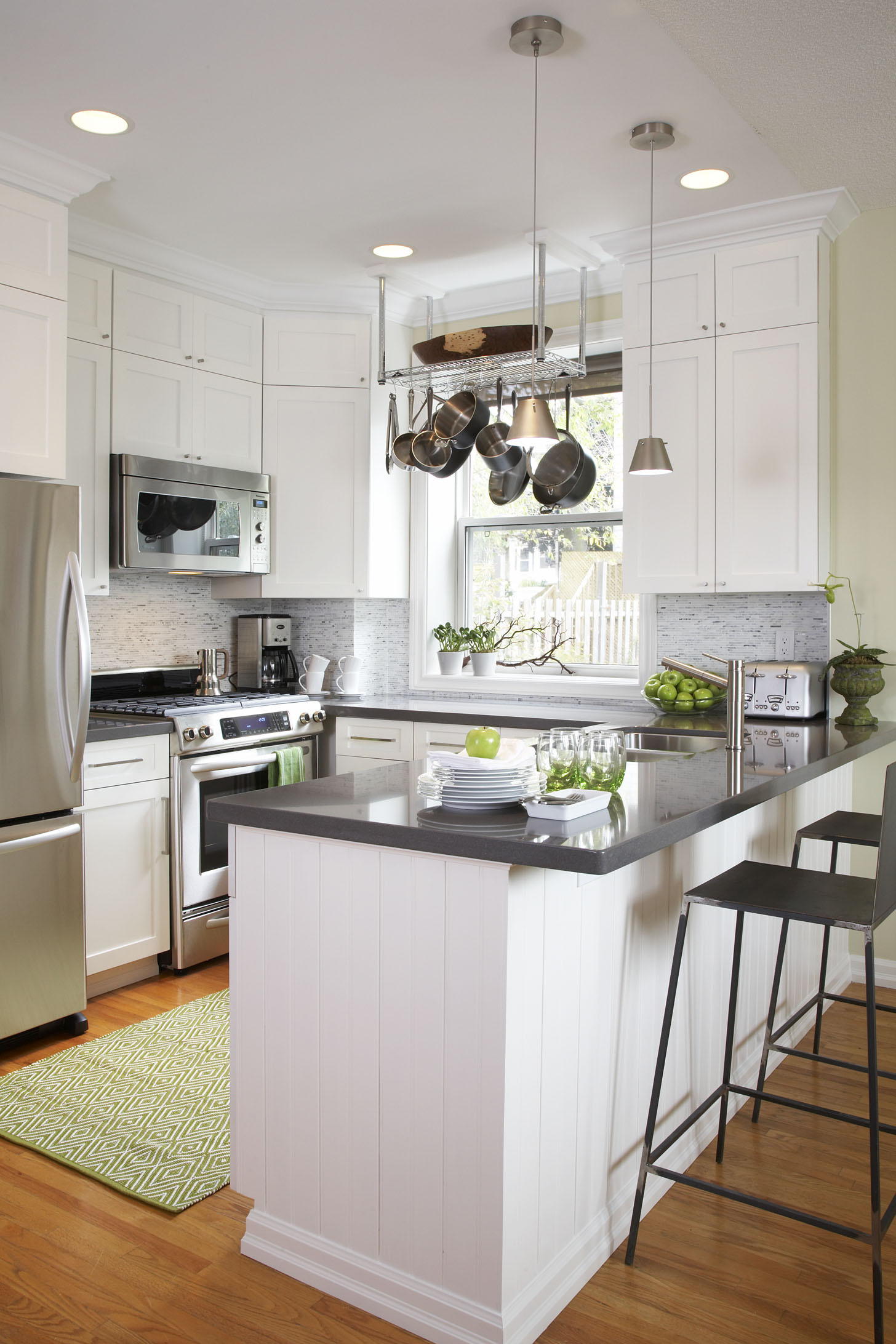

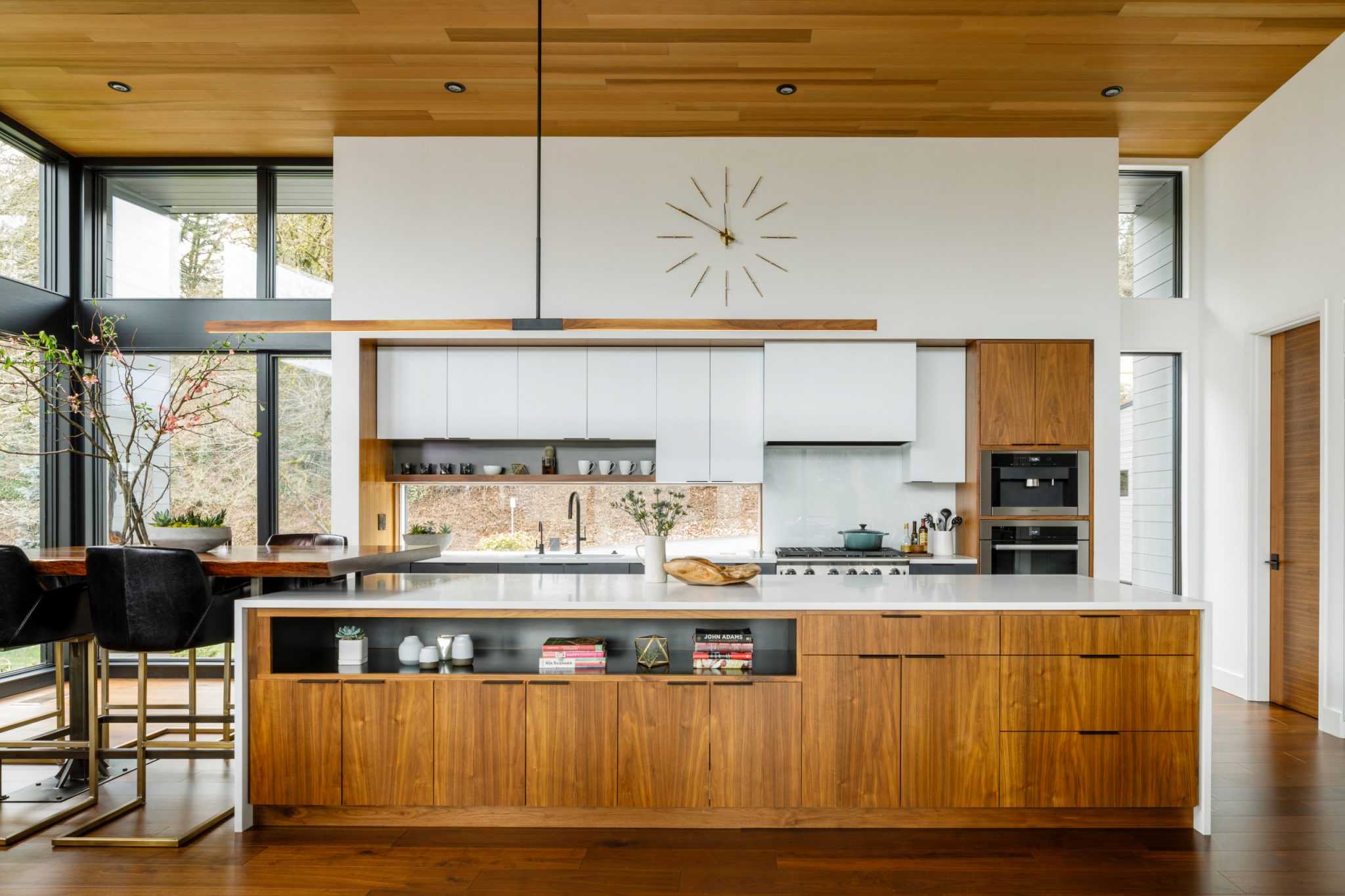




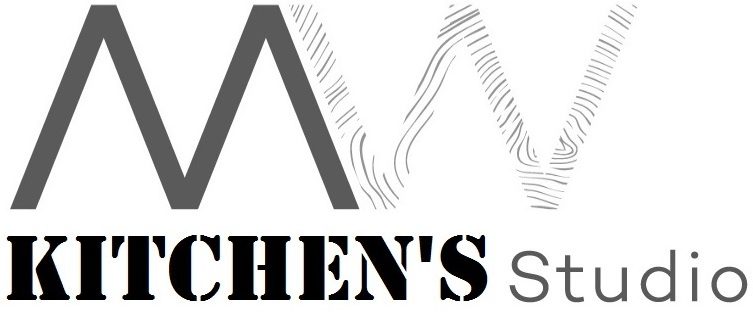






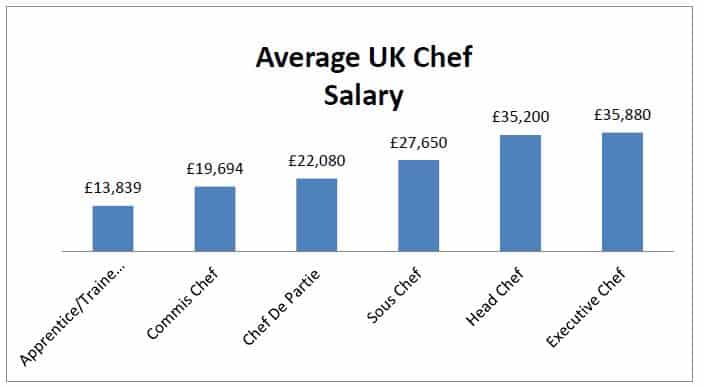






:max_bytes(150000):strip_icc()/fashion-designer-526016v1sf-edit-39120137a4254a9e9bd49155d20499aa.jpg)


